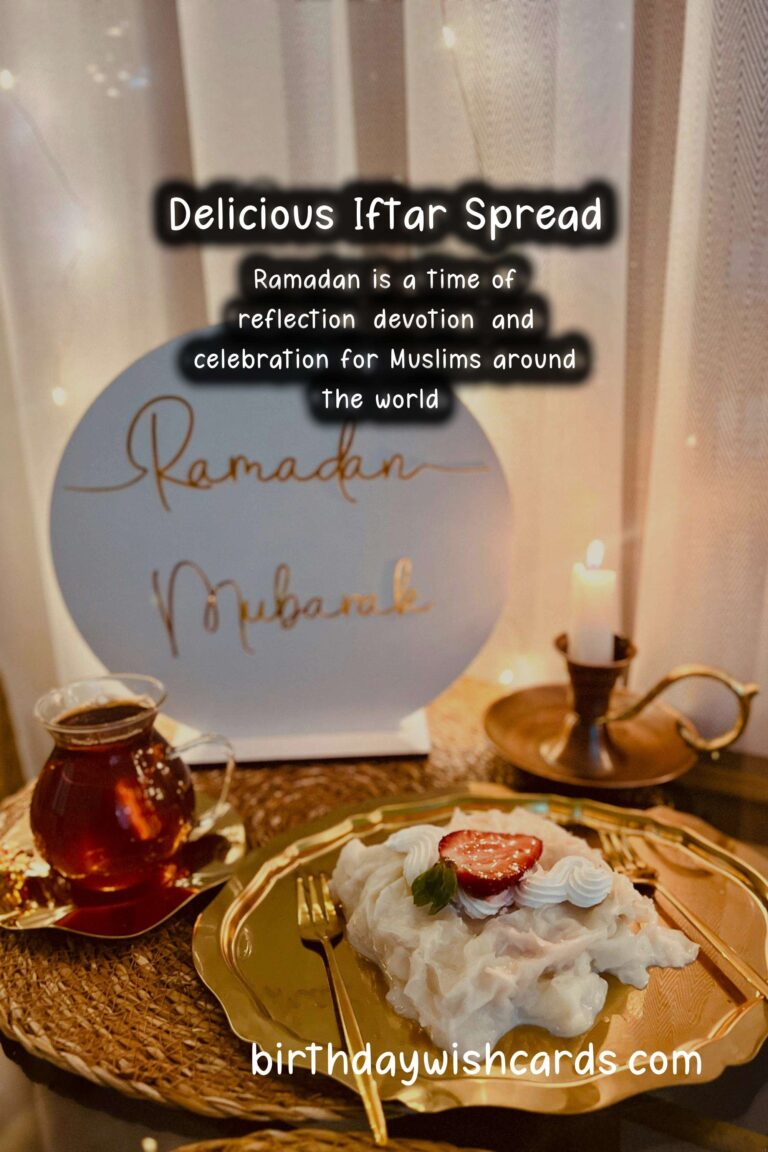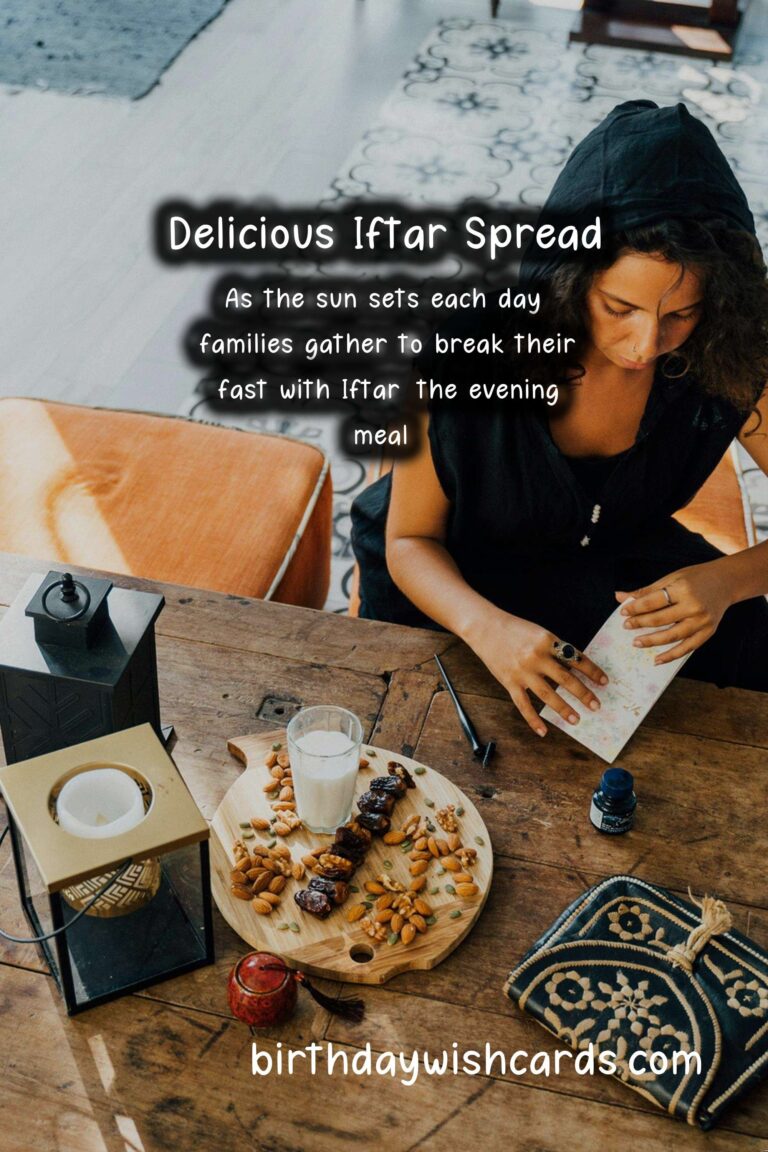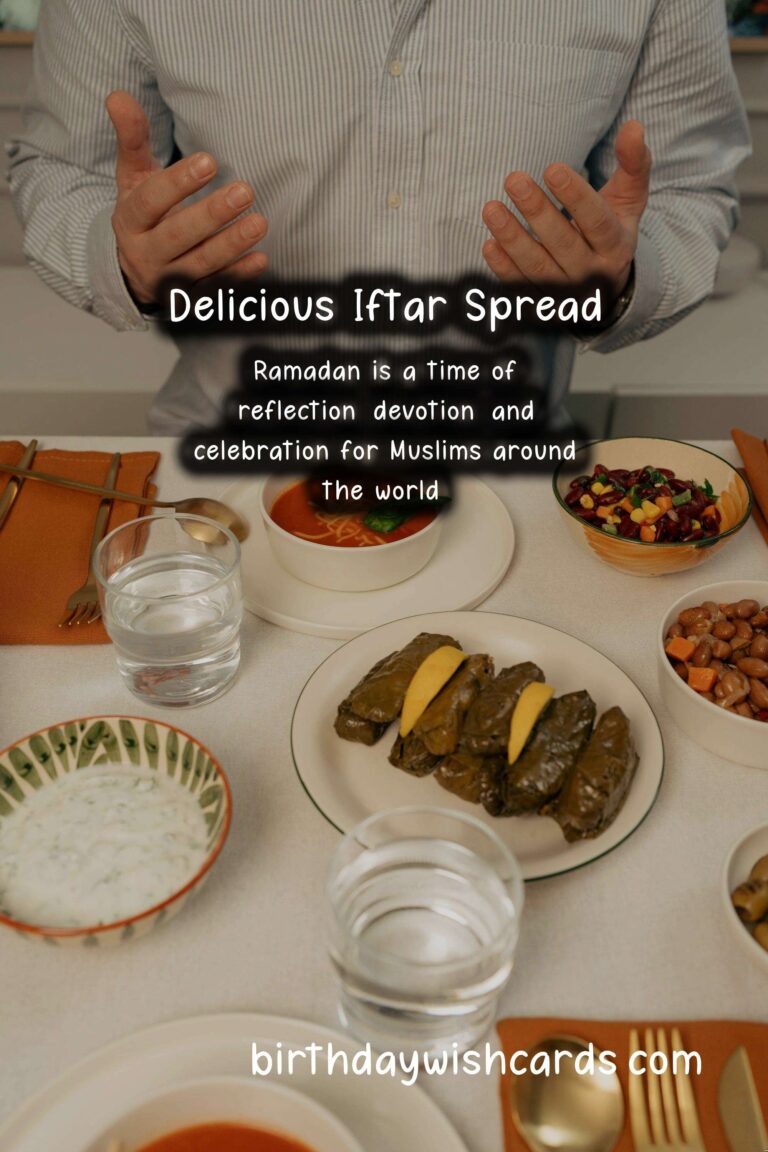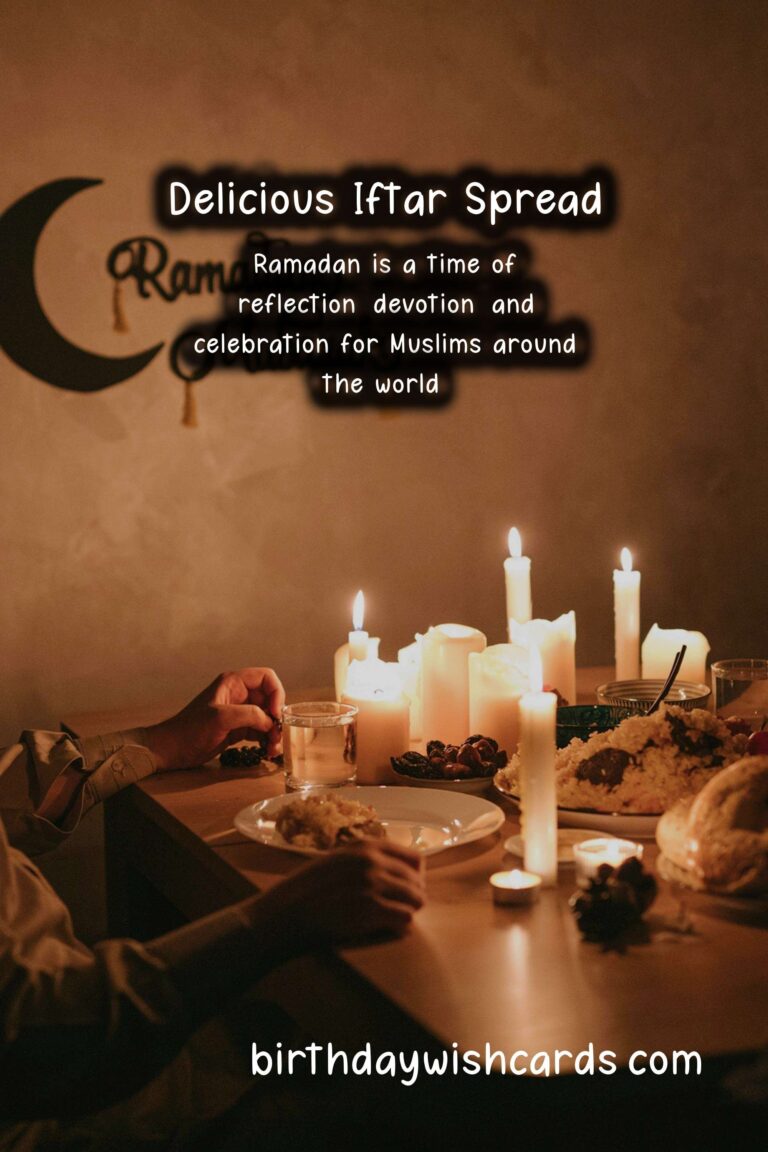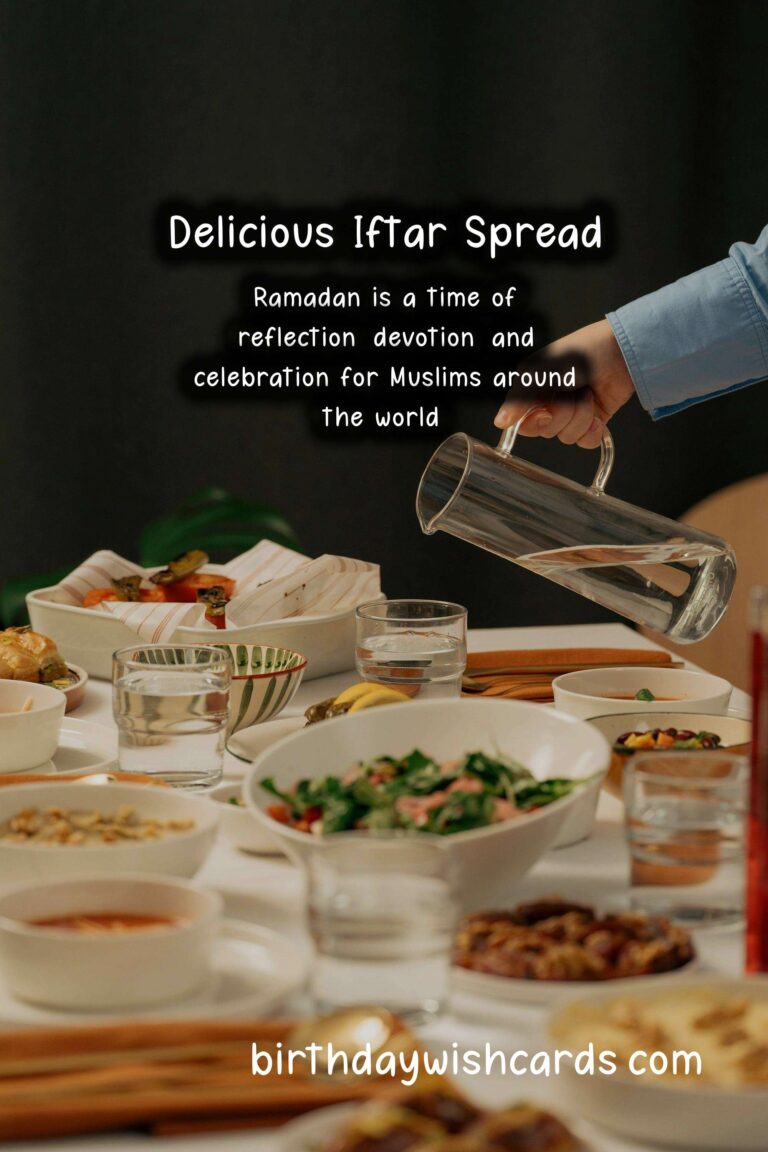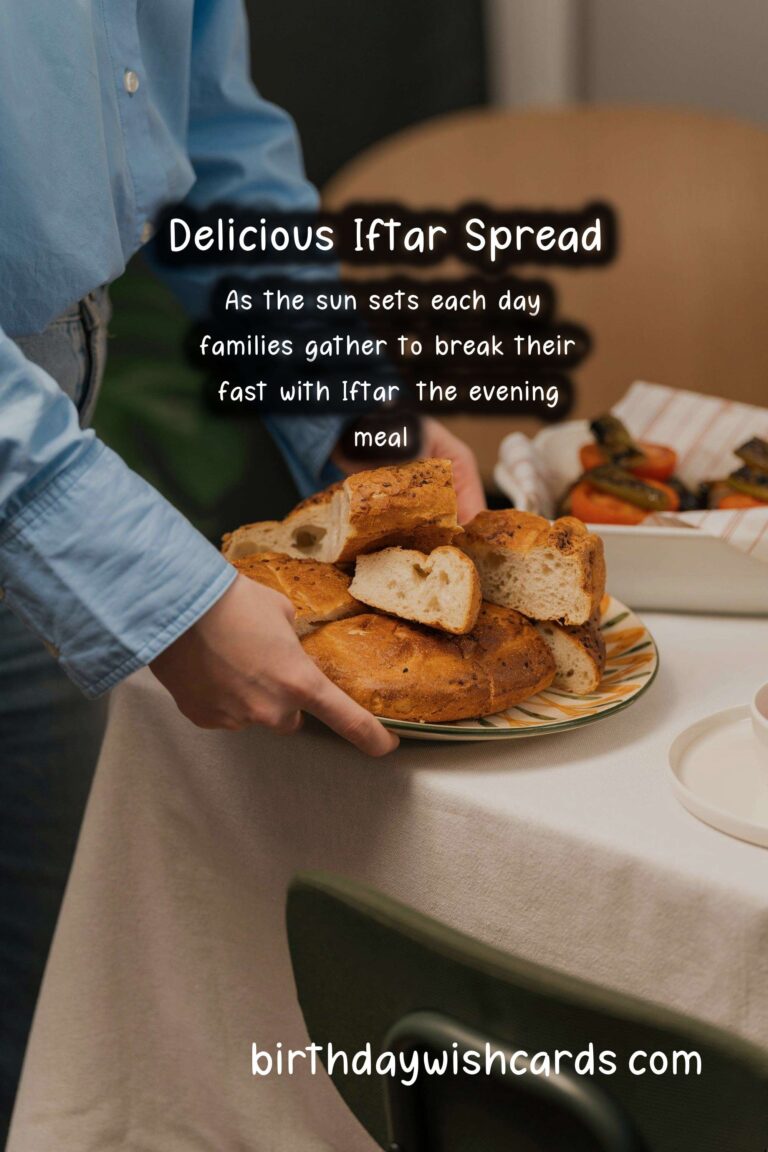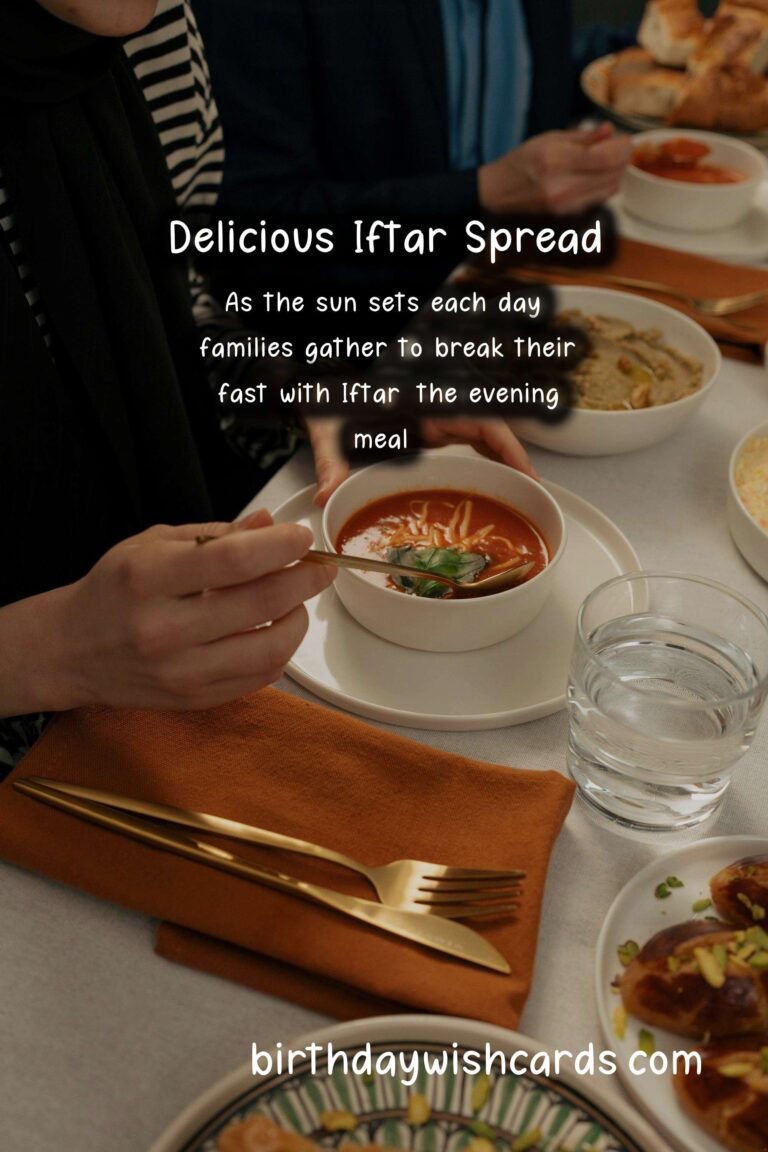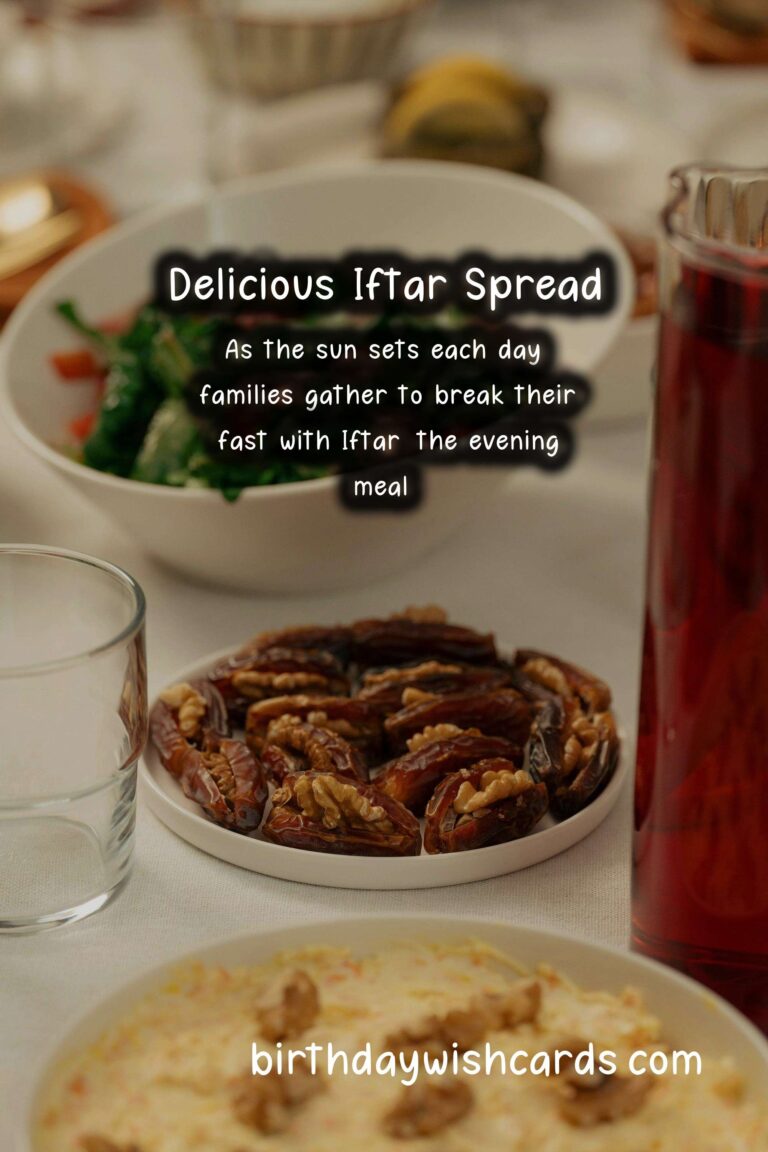
Ramadan is a time of reflection, devotion, and celebration for Muslims around the world. As the sun sets each day, families gather to break their fast with Iftar, the evening meal. Cooking for Ramadan can be both an enjoyable and fulfilling experience. In this article, we’ll explore essential tips, recipes, and traditions to help you prepare a memorable Ramadan celebration.
Understanding Ramadan and Its Significance
Ramadan, the ninth month of the Islamic lunar calendar, is observed by millions of Muslims as a month of fasting, prayer, and community. It commemorates the month when the Quran was revealed. Fasting from dawn until sunset is a fundamental practice, but evenings are often filled with communal meals, family gatherings, and acts of charity.
Planning Your Ramadan Meals
When preparing for Ramadan, it’s essential to plan your meals thoughtfully. Here are some key considerations:
1. Create a Meal Schedule
Creating a meal plan for the month can help you stay organized and ensure variety. Include a mix of traditional dishes, halal proteins, fruits, and vegetables.
2. Consider Nutritional Needs
During Ramadan, it’s vital to maintain energy levels. Include foods rich in complex carbohydrates, fiber, proteins, and healthy fats. Dates, whole grains, lean meats, and plenty of fruits and vegetables are excellent choices.
3. Prepare Ahead
Consider cooking larger portions and freezing meals in advance. This can save you time during the busy month and ensure you have healthy options readily available.
Essential Ingredients for Ramadan Cooking
Stock your kitchen with these essential ingredients to make cooking easier:
- Rice
- Legumes (lentils, chickpeas)
- Spices (cumin, coriander, turmeric)
- Fresh herbs (cilantro, parsley)
- High-quality oils (olive oil, ghee)
- Dried fruits and nuts
- Fresh fruits and vegetables
Popular Iftar Dishes
Here are some must-try dishes for your Iftar table:
1. Dates and Water
Traditionally, the fast is broken with dates and water. This practice is rooted in the teachings of the Prophet Muhammad (PBUH). Dates provide a quick source of energy and hydration.
2. Lentil Soup
A warm bowl of lentil soup is a comforting start to any Iftar. It’s healthy, filling, and easy to prepare. Here’s a simple recipe:
Ingredients:
- 1 cup lentils
- 1 onion, chopped
- 2 carrots, diced
- 2 cloves garlic, minced
- 6 cups vegetable broth
- Spices: cumin, turmeric, salt, pepper
Instructions:
- In a large pot, sauté onion and garlic until soft.
- Add carrots and spices; cook for a few minutes.
- Add lentils and broth; bring to a boil.
- Reduce heat and simmer for 30-40 minutes until lentils are tender.
3. Stuffed Grape Leaves (Dolma)
Dolma is a popular dish across many cultures. These delicious stuffed grape leaves can be filled with rice, herbs, and spices.
4. Chicken Biryani
This aromatic rice dish is perfect for a feast. Biryani is a one-pot meal that combines marinated chicken, rice, and spices.
5. Fresh Salads
Incorporate fresh salads with your meals to balance flavors. Ingredients can include cucumbers, tomatoes, bell peppers, and lemon dressings.
Sweet Treats for Ramadan
No Ramadan celebration is complete without desserts. Consider making:
1. Baklava
This rich, sweet pastry made of layers of filo dough, filled with nuts and sweetened with syrup, is a beloved treat.
2. Knafeh
A popular Middle Eastern dessert made with thin noodle-like pastry soaked in syrup and layered with sweet cheese.
3. Qatayef
These Arabic pancakes are filled with nuts or cream and deep-fried or baked, often served during Ramadan celebrations.
Incorporating Traditions and Community
Ramadan is not just about food; it’s about connection and community. Here are some traditions to consider:
1. Sharing Meals
Invite friends and neighbors to join your Iftar table. Sharing meals fosters a sense of unity.
2. Charity and Giving
During Ramadan, many Muslims engage in charitable acts. Consider preparing meals to share with those in need.
3. Evening Prayers (Taraweeh)
Attend or host evening prayers after Iftar. This special time strengthens spiritual connections.
Tips for a Successful Ramadan Meal
Finally, keep these tips in mind to ensure your Ramadan cooking is a success:
1. Stay Hydrated
Ensure to drink plenty of water between Iftar and Suhoor (pre-dawn meal) to stay hydrated.
2. Enjoy the Process
Cooking should be enjoyable. Involve family members and create lasting memories together.
3. Embrace Variety
Try new recipes and ingredients throughout the month to keep your meals exciting.
Conclusion
Cooking for a Ramadan celebration is a beautiful way to express love and gratitude. By planning your meals thoughtfully and incorporating cherished traditions, you can create a memorable experience for your family and friends. May your Ramadan be blessed and filled with joy!
Ramadan is a time of reflection, devotion, and celebration for Muslims around the world. As the sun sets each day, families gather to break their fast with Iftar, the evening meal. 
